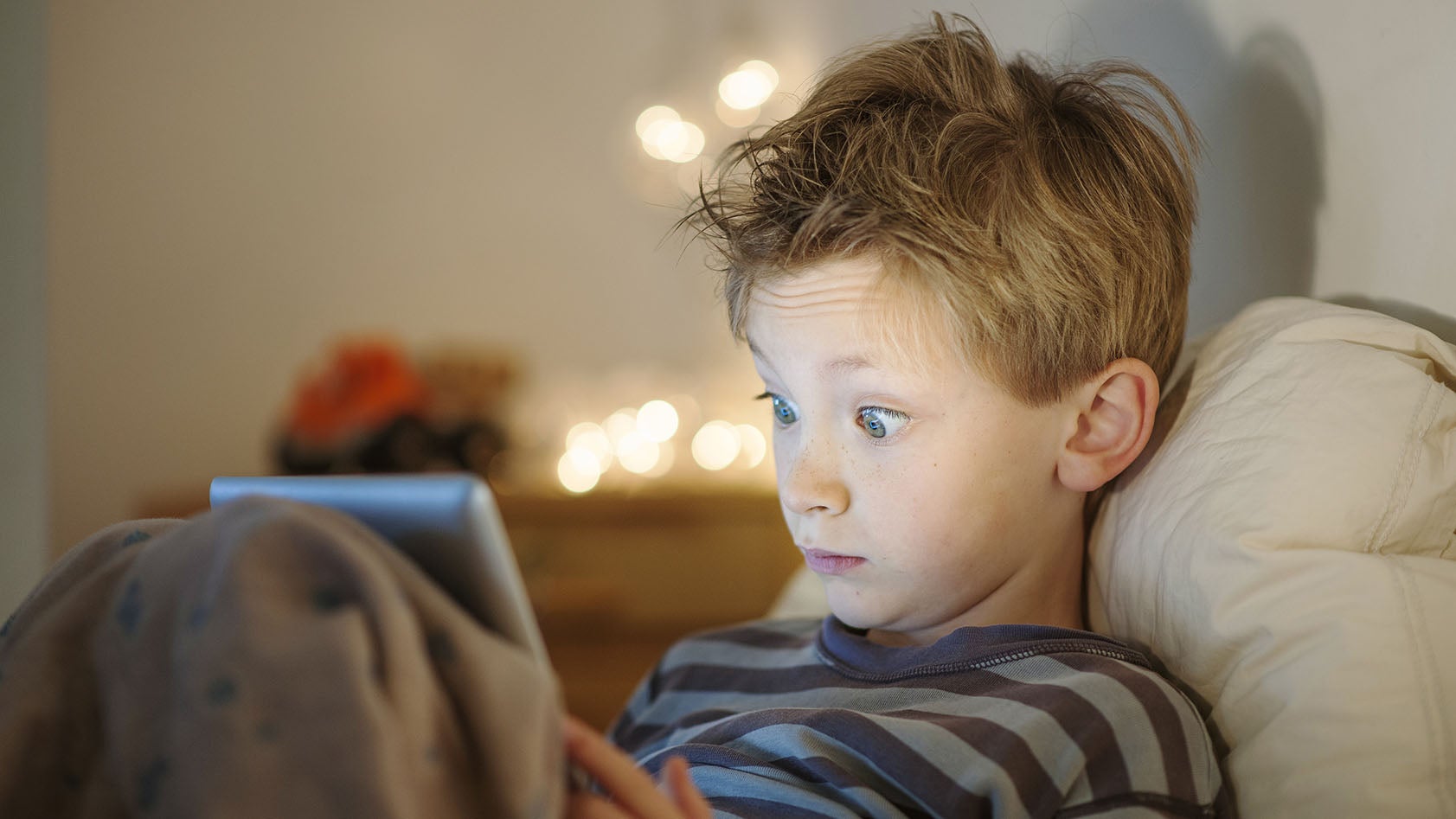Study: Children who watch TV at night are more prone to nightmares and sleep talking
At the end of a tiring day, often the easiest way to deal with an attention-seeking child is to turn on the TV. But, as with most easy solutions, there are downsides.


At the end of a tiring day, often the easiest way to deal with an attention-seeking child is to turn on the TV. But, as with most easy solutions, there are downsides.
A new study has found that preschoolers with a TV set in their bedroom slept worse than those who didn’t have one. They also felt more tired upon waking and reported more episodes of nightmares, sleep terrors, and sleep talking.
The study, published in Sleep Medicine, involved learning about the habits of 100 children in Santiago, Chile, and studying their sleep quality based on a standardized survey called the Sleep Disturbance Scale for Children (SDSC). Those who scored higher on survey—that is, slept worse—weren’t watching that much more TV. They were just watching it later in the day.
The sample size is relatively small and demographically narrow, but the study builds upon previous research. For instance, watching TV at night has been shown in other studies to make kids overexcited and thus disturb their sleep patterns. The bright light they are exposed to also interferes with the body’s natural circadian rhythm.
Although this study was specifically focused on the effects of keeping a TV in the bedroom, the results should hold for smartphones and tablets, too. The amount of time children spend in front of screens has doubled in the last 20 years. A recent survey showed that nearly a third of US infants (under the age of two) regularly used a smartphone or a tablet. Two-thirds of the parents admitted to using the digital devices to help calm down the children, and a third said they used them to put the child to sleep.
“A child’s brain develops rapidly during these first years, and young children learn best by interacting with people, not screens,” according to the American Academy of Pediatrics, which recommends that parents avoid introducing screens to their children until the age of two.